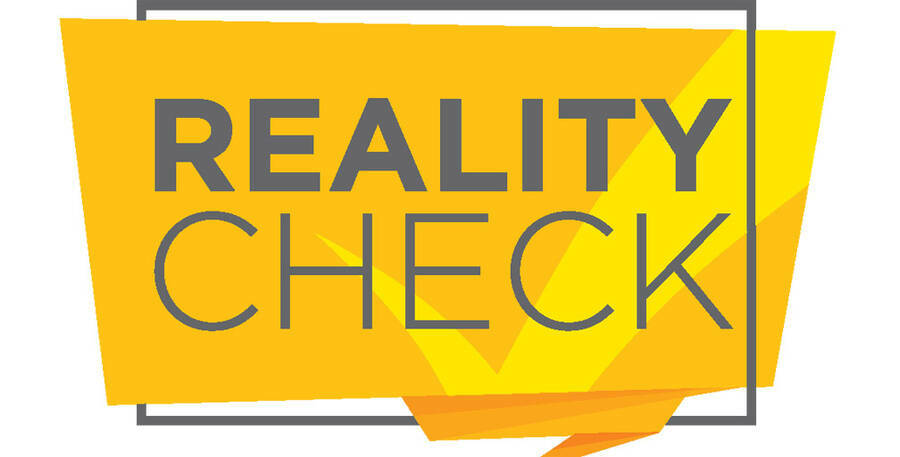
2023-01-11
The caring habit of support
Unsatisfying relationships are at the heart of many unsatisfied lives. Good relationships are essential, but how do we get them? Is it luck? Accident? We see plenty of appeals to "be kind." Will that do the trick?
In Take Charge of Your Life, Dr. Glasser lists seven specific habits that improve relationships. These "caring habits" are: supporting, encouraging, listening, accepting, trusting, respecting, and negotiating differences. Reading that list, it's easy to nod and sigh, "Wouldn't it be wonderful if everyone practised those?" Yes, it would. However, we can only control ourselves, right?
Because we do have some control over ourselves, we can choose to practice those caring habits. However, like many good ideas, that's easier said than done. In the hope of making it easier for us to put those caring habits into action, I'll offer a deeper look into each one. This column, we'll look at the first: "Supporting." Future columns will examine the other habits.
Support: What does it mean? What does it look like?
We've all seen supports used in construction. A support bears the weight of the structures around it. It supplies strength and resilience. When the wind blows and the earth shakes, a building stands because of its supports.
For people, support brings confidence and comfort. Support is like the steady hand that keeps us from falling. It's the friendly backup that prevents our being pushed away from our chosen path by the many challenges of life. Support can arrive as actions as well as words, either can convey the message, "I'm at your side."
Each one of us has skills and strengths that we can offer as supports. Some people excel at offering practical, physical supports. Others have emotional strengths that can support our spirits.
Whether it's through conversation, transportation, organization, there are plenty of ways that we can provide support. For example, years have passed but I will never forget the support of our neighbour who visited with home-cooked meals and cheerful conversation during a family illness. Supportive actions need not be earth-shaking to make a long-lasting difference in someone's life.
However, if you believe that someone is truly headed down a destructive path, then supporting them doesn't mean encouraging continued travel in that direction. There is a difference between, "I will support you in your choice to go to rehab" versus "I support you unconditionally, including your destructive drug use."
If the behaviour you see is not supportable, then it may be helpful to consider what you want. If you want to maintain the relationship, it's not unkind to say, "I love you but I can't support what you are doing."
Questions like, "Would you like to talk about it? Would you like help looking at the pros and cons?" "What do you think you need to make a better life?" are more supportive than, "That won't work" or "You're headed down the wrong road."
As we begin this new year, I'll also say to you, "Thanks for your support." I appreciate hearing from folks who read the columns, regardless of whether they agree or disagree. If you find these helpful or want to pass them on, you can find past columns archived on-line at www.realitycheck.focusonclarity.com.
If you wish, you can also receive each week's column by email. You are welcome to share them with anyone who might be interested. To get the emailed columns, just let me know at choices@focusonclarity.com or by mail c/o Progress Bulletin.
To your choices! ~ Susanne ~
Susanne Beck, RTC is Reality Therapy Certified by the William Glasser Institute






